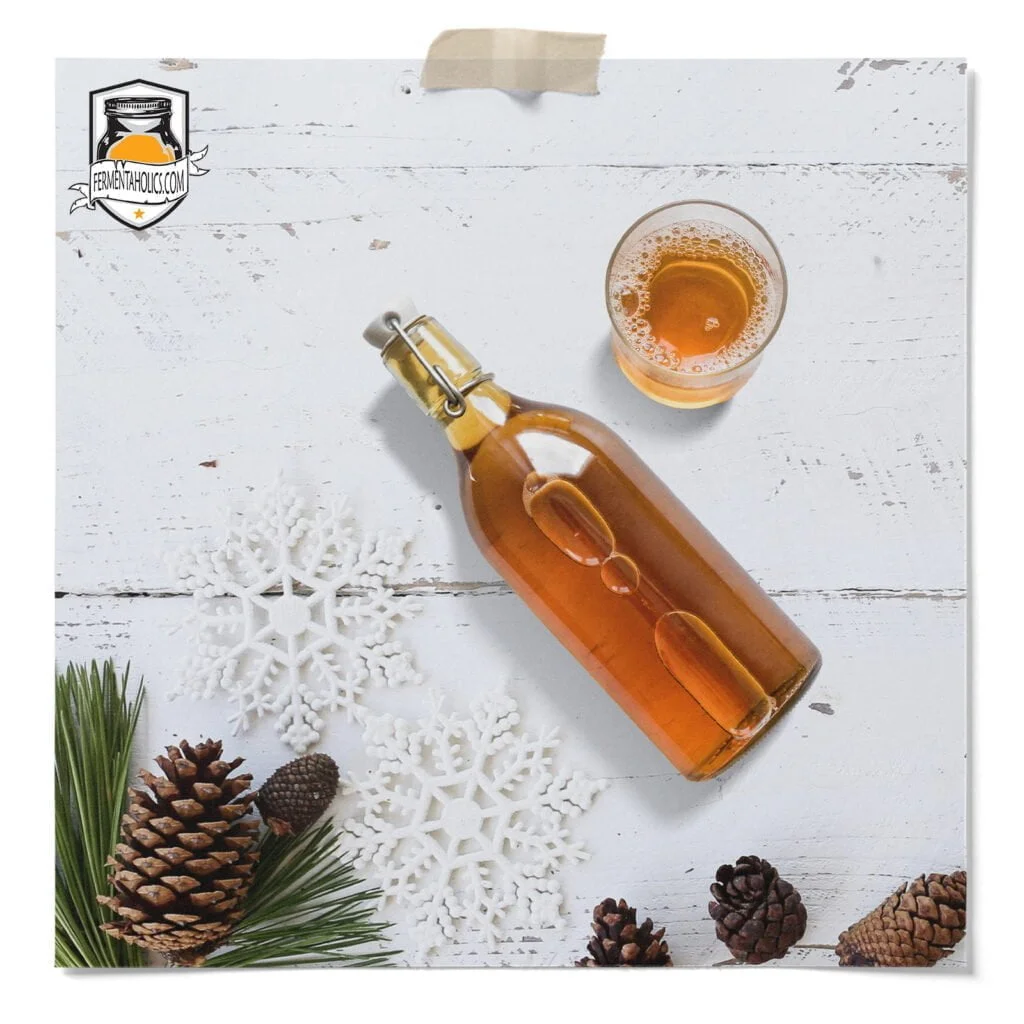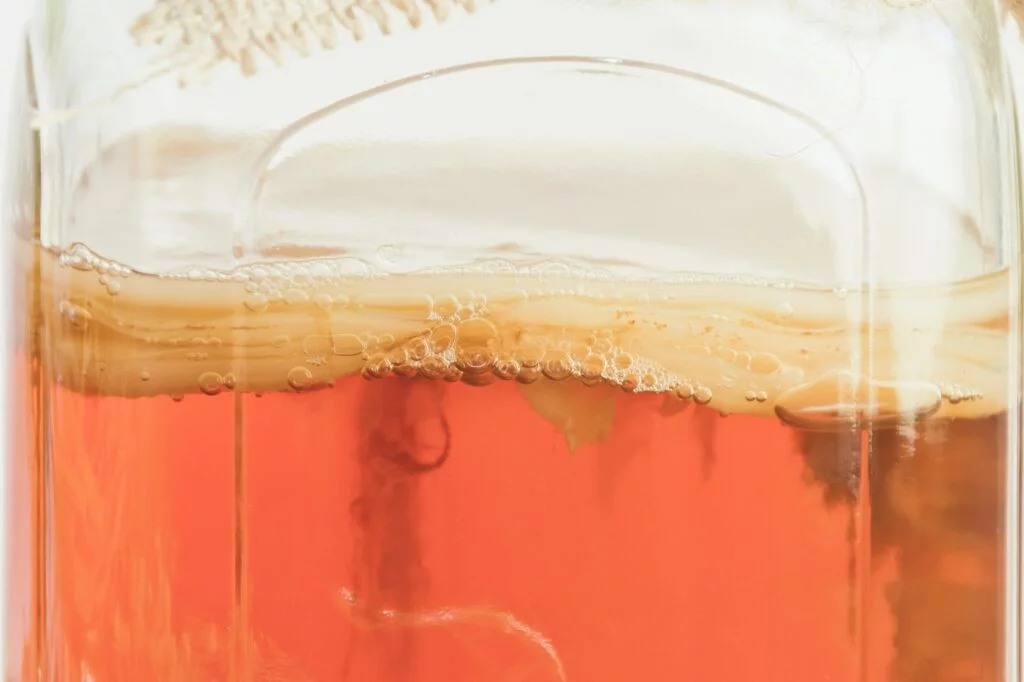
It’s wintertime, and for many of you, that means it is COLD! Having received a lot of questions lately on the proper temperature to brew kombucha, we wanted to take some time and address that issue.
Brewing kombucha during the winter can pose some issues if your house runs is cold. Ideally, kombucha likes to ferment between 75 and 85 °F. If you live in Florida like me, that doesn’t seem so odd, but many of you say your kitchens are much colder.


There are a few things you can do to help keep your kombucha brewing strong during the winter.
First, and probably the best option, is to purchase a kombucha heating pad. They’re inexpensive and will keep your worries at bay by knowing for sure that your kombucha brew is warm enough to do its thing and do it well.
When the temperature drops, it’s not as if your kombucha will go bad. It’s the same idea as refrigeration. The fermentation just SLOWS as the temperature drifts below 75 °F. It does, however, increase the likelihood of mold growing on the surface, so you’ll just need to be careful about that. Curious about mold? we have a post that goes into detail on how to avoid mold in kombucha.
Second, is to take a thermometer and find the warmest place in the house. Not all areas or rooms in your home will be the same temperature as your thermostat. There’s no rule saying it has to stay in the kitchen, either. If there’s a spot in your house that is warmer than any place in your kitchen, go ahead and keep it there as long as it doesn’t receive direct sunlight! And don’t forget about it :).
Third, get creative. Placing your kombucha brew above the refrigerator is common, as it’s usually the warmest spot in the kitchen. You can even place your jar in the oven with the oven light on for heat. Monitor the temperature and turn off the light once the desired temperature is achieved. Oven lights may run at different temps, though, so don’t forget this step. You don’t want the brew to get above 90 °F. I use this trick for proofing sourdough and inoculating tempeh, too. If you go this route, let the household know it’s in there, you don’t want someone preheating the oven for a pizza.
The fourth is to consider brewing Jun tea over traditional kombucha. Jun ferments comfortably at lower temperatures, between 70 and 85 °F, and maybe a better option if your house maintains those temperatures. You can refer to our post on what is jun kombucha to learn more! Want to learn how to make jun kombucha tea?
Don’t let the wintertime stop you from brewing!
If you have any cold weathered brewing advice, please contribute in the comments and let us know.
